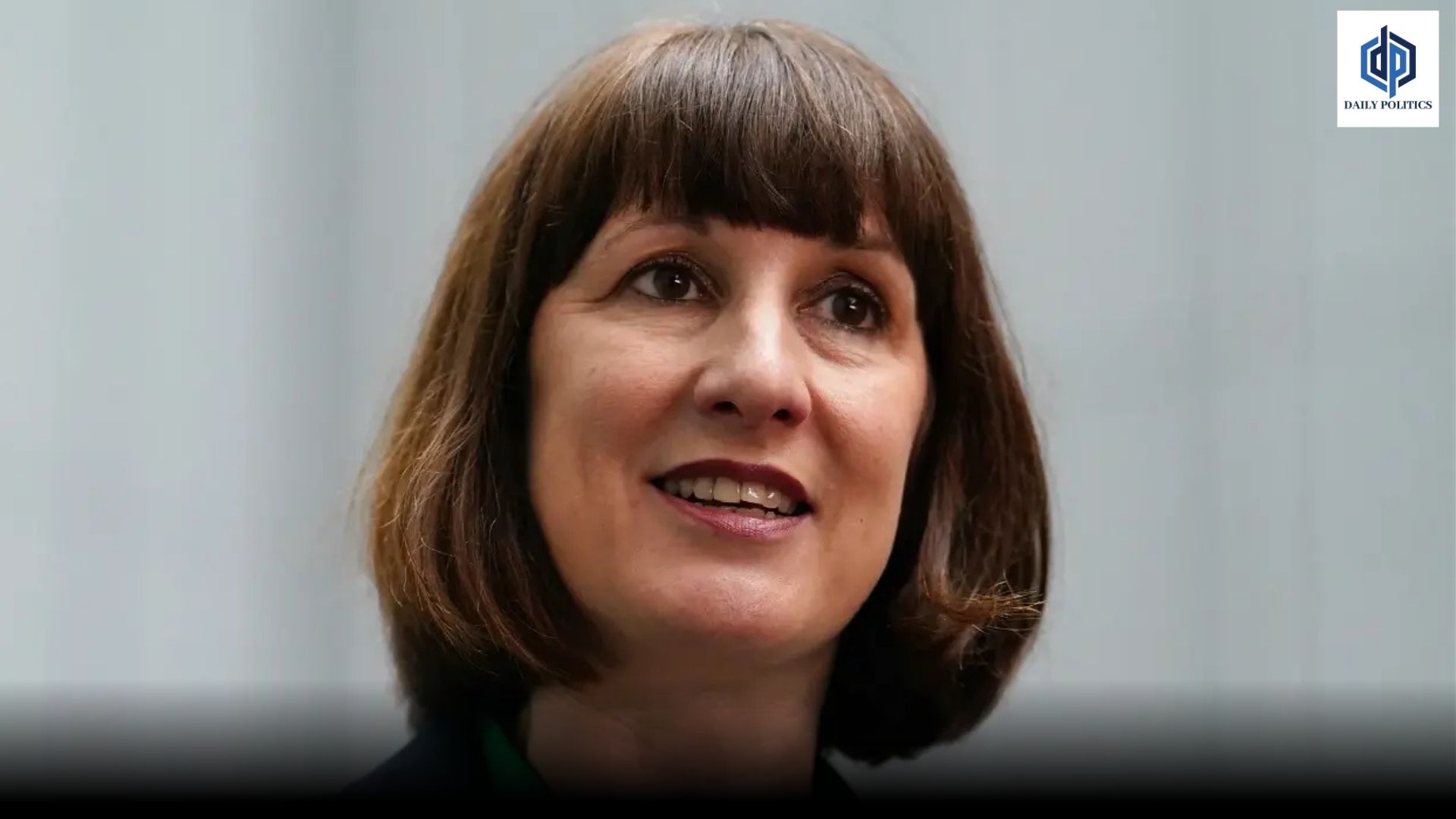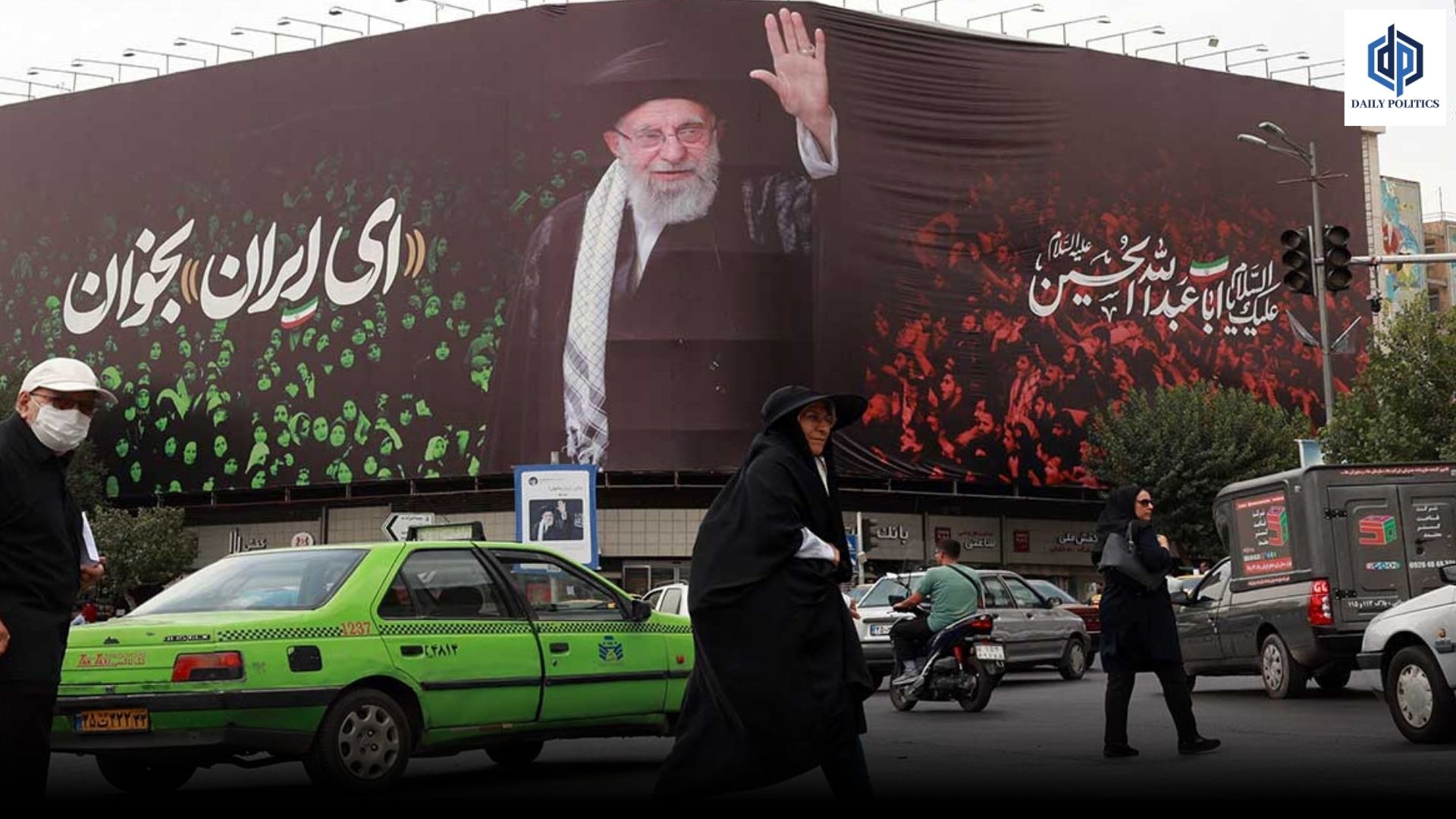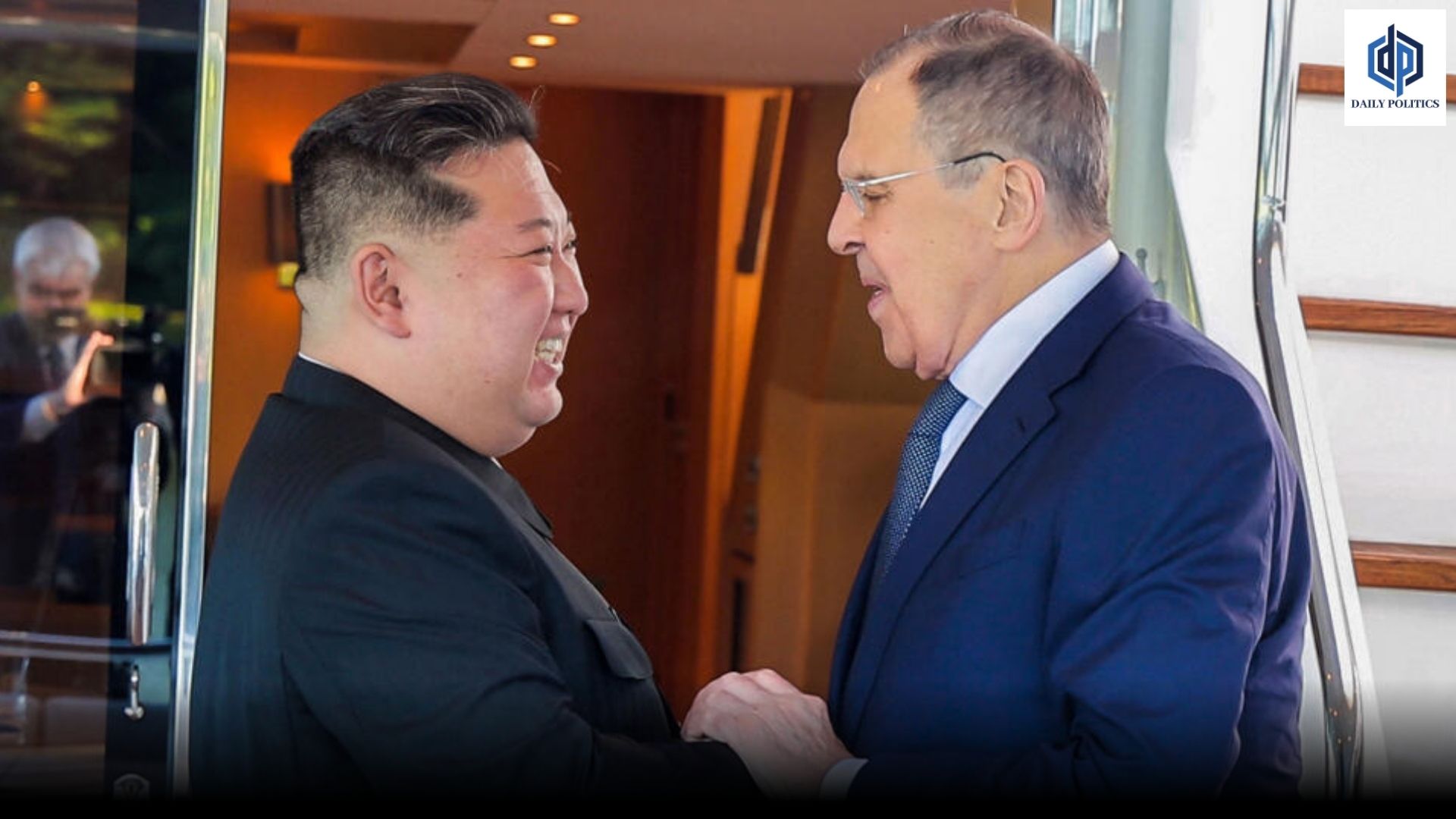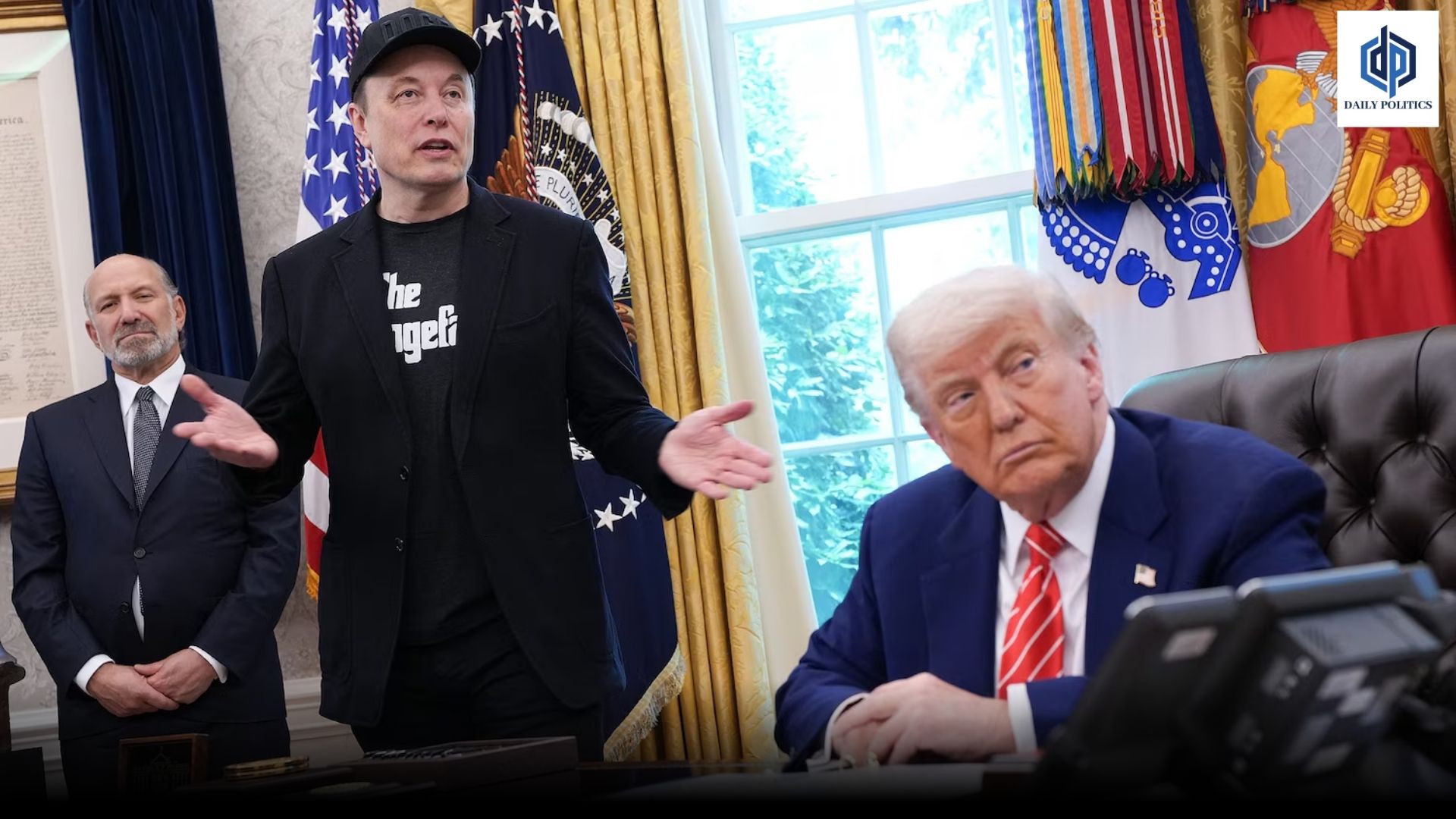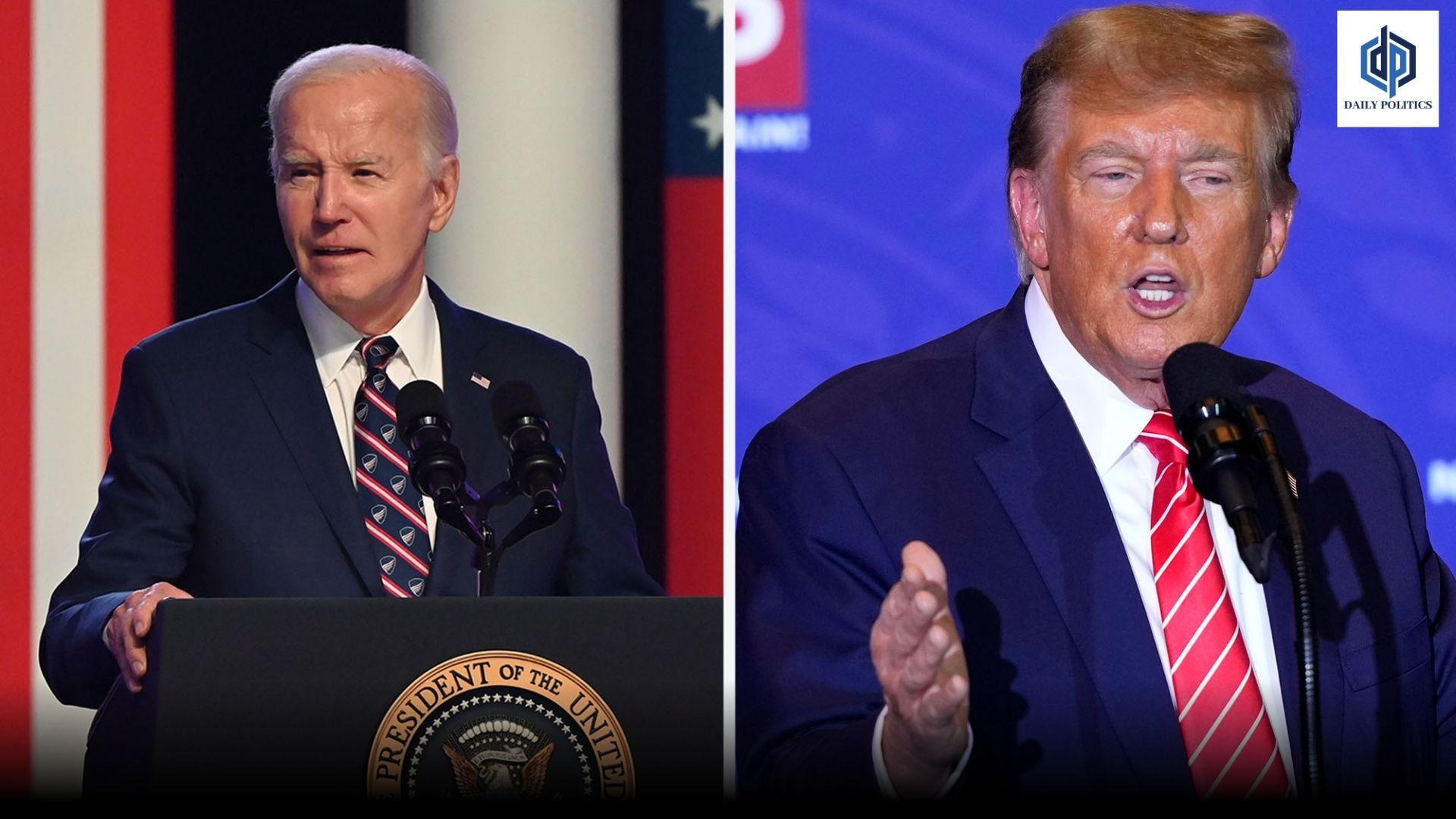In Ireland, the two primary centre-right parties are poised to initiate discussions regarding a return to government following a general election that has brought the incumbents close to establishing the 34th Dáil.
As counting resumed at 9 am on Monday, all but 12 Teachta Dála (TD) seats were filled. The preliminary results and tallies for the remaining seats indicate that Fianna Fáil, under the leadership of Micheál Martin, and Fine Gael, led by Simon Harris, are projected to secure a combined total of 86 seats, falling just two seats short of the 88 required for a majority.
As Fianna Fáil is projected to secure a more significant number of seats, estimated at 48, compared to Fine Gael’s approximately 38, the future of Harris’s role as taoiseach may face increasing scrutiny.
If it is to be a direct reprise of the Fianna Fáil-Fine Gael governing partnership of the last mandate, one of the major questions is whether the parties continue their policy of rotating the taoiseach or prime minister. A landmark agreement was reached by the previous coalition, designating Martin to serve as taoiseach, followed by Leo Varadkar, the then leader of Fine Gael, and subsequently Harris.
Jack Chambers, the deputy leader of Fianna Fáil, stated on Monday that negotiations could extend for several weeks. However, he emphasized that they would not stretch to the nearly five months it took for their previous coalition with Fine Gael to solidify.
“I don’t anticipate the formation of the government by mid-December,” he stated in an interview with RTÉ, emphasizing the need for time to engage in discussions regarding internal negotiations and a “coherent, stable” arrangement.
The crucial choice revolves around the potential collaboration between the two parties and like-minded independent candidates to establish the next government or their dependence on the backing of more minor left-leaning factions, namely the Social Democrats or Labour.
Negotiating a government program following a campaign marked by significant spending pledges will require extensive bargaining. However, all parties acknowledge the necessity of addressing housing and homelessness, which has emerged as the top priority for voters, as indicated by Friday night’s exit poll.
Chambers announced that his party intends to focus on fulfilling its commitments. “This matter transcends mere positions, posturing, or broad classifications.” “Our focus is on how we can best serve the Irish people,” he stated in an interview with RTÉ.
The government’s former coalition partner, the Greens, faced a devastating defeat in the recent election, with their leader, Roderic O’Gorman, emerging as the only surviving TD out of a total of 12. After scraping in on the 13th count in Dublin West constituency on Sunday night, he said he did not think he had a mandate to return to government.
The two major political parties have dismissed the possibility of collaborating with Sinn Féin. Sinn Féin is anticipated to secure a comparable number of seats to Fine Gael, yet insufficient to form a stable left-leaning government.
Labor and the Social Democrats are projected to significantly increase their seat count, with estimates suggesting around 11 each. Both parties have expressed a willingness to engage in discussions with Fianna Fáil and Fine Gael, although they plan first to assess the stance of left-leaning parties.
Labor leader Ivana Bacik characterized her party’s performance as “formidable,” noting that only four sitting TDs had opted to run for re-election.
In a statement to RTÉ, she expressed her reluctance to independently pursue a coalition with the two major parties. She emphasized the importance of evaluating the stance of “TDs who share our vision and our values” in the quest to implement changes in areas such as housing, public services, healthcare, childcare, and disability services.
“We are committed to enacting change, which is why we have emphasized the importance of creating a unified platform,” she stated. She indicated that her initial conversations would be with the Social Democrats and O’Gorman.
The Social Democrats have expressed their willingness to engage in discussions with established parties, outlining five non-negotiable conditions, one of which includes the appointment of a minister for disability affairs.
Friday night’s exit poll had appeared to put Sinn Féin in pole position to take the most significant share of first preference votes at 21.1%, with the leader, Mary Lou McDonald, declaring on Saturday her intention to forge a leftist alliance.
However, later results indicated that the party secured a 19% share. The party will continue to hold the position of the largest opposition group, yet this marks a notable decline compared to four years prior.


